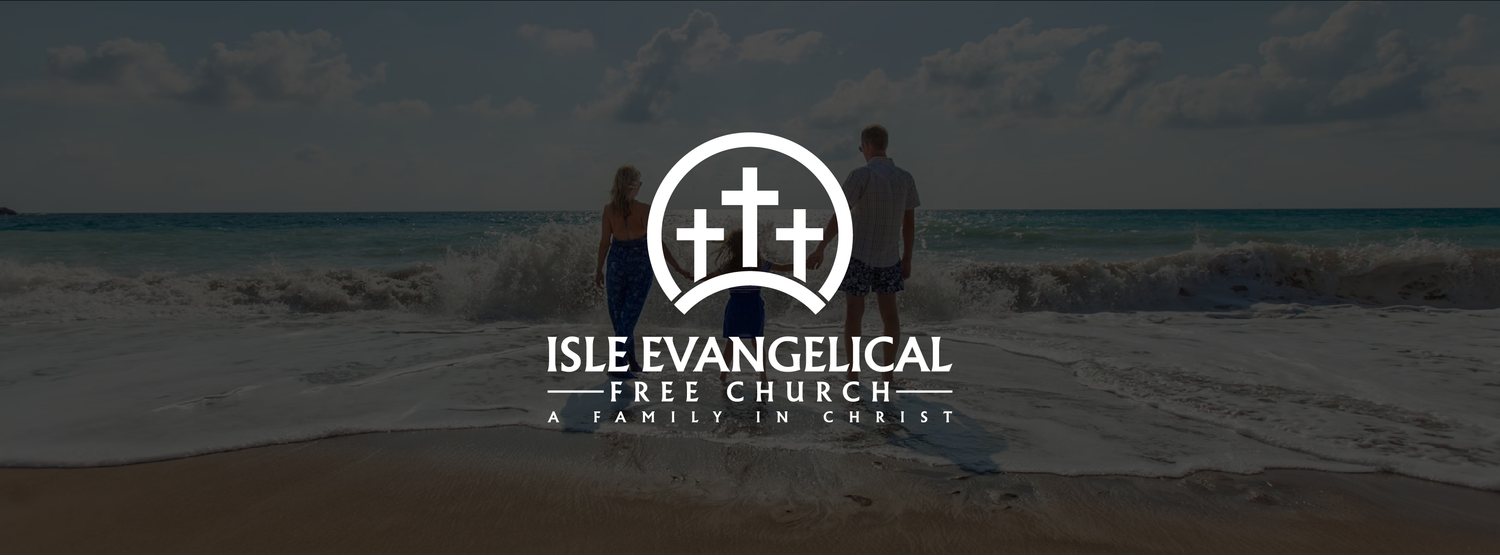“And if someone wants to sue you and take your tunic, let him have your cloak as well. If someone forces you to go one mile, go with him two miles. Give to the one who asks you, and do not turn away from the one who wants to borrow from you.”
When we looked at the rights of an individual Jesus gave the example of being struck on the cheek and allowing the enemy to do it again. It not only seems extreme but unrealistic for our right for personal safety. Believe it or not, some will justify spousal abuse with this verse. A manipulative and abusive husband or boyfriend will justify his ongoing criminal behavior misquoting and misunderstanding what Jesus is saying. It would be better to be judged by our own courts than by God who sees the lies of the heart and the sinful abuses which will not go unpunished.
Another right we claim is the right to our personal possessions. The coat and cloak refer to possessions required in a court of law. The tunic is that inward covering that many Jews had two or more of, but the coat served as the outward covering during the day and a blanket at night. It is very important if someone loaned his coat as security, he could walk around all day without it, but the recipient must return it every evening as protection against the weather.
If someone seeks to sue you, your attitude is that all you have belongs to God. Even in lending we should not deny those needs but be generous with that which Christ has been generous toward us. It is even better to help a score of fraudulent beggars than risk turning away the man in real need.
All our possessions are the Lord’s; if someone takes something of ours, and if what we have is really God's, isn't one stealing from God? If God desires to help others, one of the ways he does so is through the resources that he allows us to manage. Part of having peace about possessions is giving that right to God.
The illustration of walking 2 miles comes from the military understanding of that time. A Roman soldier could come up to any citizen and demand of him his service to carry the soldier’s goods, or transfer baggage for up to a mile. They were compelled by law. So, at any time a soldier could demand someone to do that regardless of inconvenience. Joseph of Arimathea was in such a category. Jesus is saying we should do what is compulsory and even more to show that we are Kingdom people and not just citizens of the earthly government. Give our plans to the Lord and our attitudes of interruptions will be different too.
In a biography about DL Moody written by his son-in-law, A.P.Fitt, discussed three supreme testings awaiting strong men in this life; the testing of poverty and obscurity, the testing of prosperity and applause; and the testing of suffering. He wrote that many men turn sour and bitter under neglect and not feeling like they are appropriately being acknowledged for their efforts and accomplishments. Yet some will fall when too much limelight and prosperity corrupt their character.
The testing of suffering causes many to fail in faith. He was writing to show how the evangelist experienced all three tests and kept his eyes on Christ.
Application: Part of what Jesus is calling his disciples to do is not to think about how we have been wronged. or even what our personal rights are, but rather can we keep our eyes on Him and let our self-esteem, our strength, and even our vengeance be gift of faith that really does believe He will take care of us.
Prayer: Father, I do believe that You hold all things in Your loving hands. Strengthen me to always give it all over to You. Out of my hands, into Your.

